NEGROS OCCIDENTAL, June 22, 2022 – To personally assess project implementation as well as provide recommendations to the continuous development of projects in the province, the Department of Agriculture – Special Area for Agricultural Development (DA-SAAD) Program National Director Myer G. Mula, visited six farmers’ associations (FAs) in Negros Occidental from June 20 to 22, 2022.
Dir. Mula briefly met with the SAAD regional and provincial implementers in Talisay City on June 20 before proceeding to monitor and evaluate projects.
As the concurrent National Deputy Director of Fertilizer and Pesticide Authority (FPA), Dir. Mula also emphasized the Balanced Fertilization Strategy (BFS) in decreasing reliance on inorganic inputs while addressing the effects of rising cost of fertilizers worldwide.
BFS is a holistic term in strategizing the application of specific-site nutrients to the soil in optimum quantities and in the right proportion through appropriate methods, in a time most suited for specific crops. It is the usage of foliar fertilizer and combined organic and inorganic inputs to the soil to help enhance its health and prevent the decline of fertility.
Joining the director in this three-day activity were SAAD Alternate Focal Person Jenny Babe Torrenueva, Agricultural Program Coordinating Officer (APCO) Esther Ruth Torreverde, Regional Program Management Support Office staff, Area Coordinators, Regional Agriculture Fishery Information Section staff Joan Capaciete, and FPA Focal Person for Negros Occidental Francis Felimon Villamon.
Vegetable Production
June 20. The team visited the 1-hectare communal farm of the Pandanon Integrated Upland Small Farmers’ Association (PIUSFA) with 29 registered members in Barangay Pandanon, Salvador Benedicto.
The group became a beneficiary of SAAD’s Vegetable Production Project from 2019 to 2021.They were provided with vegetable seeds, ginger rhizomes, fertilizers, pesticides, farm tools, draft animals, and machinery worth Php 2,143,046.49.
Prior to the distribution of farm inputs, the group was trained on bookkeeping, leadership enhancement as well as farming system covering land preparation, seed propagation to transplanting, fertilization, manual pollination, trellising, irrigation, integrated pest management, and proper harvesting procedures.
Apart from their communal area, each of the PIUSFA farmers cultivate individual farms with a total land area of 5 hectares. Since they already have an established market for their vegetable produce, Dir. Mula challenged farmers to strengthen their farm consolidation system. Now that harvest season for their tomato is set this July, the group vowed to improve consolidation of their vegetable produce which would greatly reduce their cost of operations, attain bountiful harvests and earn bigger incomes.
PIUSFA farmers likewise received recommendations to produce their own organic fertilizers and eventually register their association to be a certified fertilizer distributor in the town.
Lowland vegetables
From the start of growing pesticide-free vegetables such as tomato, ampalaya, eggplant, bell pepper, and okra up until this year’s planting season, the group so far generated a gross income of Php 22,545 from their first and second cropping cycle.
For the third cycle in December 2021, they planted okra, eggplant and bell pepper using the seeds they saved from their previous cycle in hopes for a productive harvest. However, the group incurred low yield due to crop damages brought by typhoon Odette. Since they weren’t able to trade vegetables, most of their harvest was only used for consumption of its members.
The crops are being consolidated and sold to Alter Trade, a local non-government organization that focuses on marginalized farmers, especially the Agrarian Reform Beneficiaries (ARBs). They also trade their produce to the local market.
Ginger
The selected 10 first-in-line beneficiaries to grow ginger cultivated the 1,000 kilograms (kg) of rhizomes provided in May 2021 on a three-hectare combined farm area. About 8 months after the plant had blossomed, 6 of the first-in-line beneficiaries were able to harvest from January to February 2022, yielding 3,210kg of ginger. They sold their produce to a vegetable supplier based in Bacolod City at Php 30/kg.
The members reported a combined gross income of Php 93,500 after digging up 3.3 tons of ginger.
Read PIUSFA’s story featured here https://saad.da.gov.ph/2022/05/negocc-organic-farmers-spice-up-planting-through-ginger-farming-leading-to-healthy-yield.
In his message, Dir. Mula encouraged farmers to be role models for their children who are expected to follow their footsteps in bolstering the agriculture sector.
“Kayong mga farmers ang maging ehemplo sa inyong mga anak, na siyang susunod sa inyong mga yapak (As farmers, you should set as an example to your children, who will follow your footsteps). We are already setting the road for sustainability of your production,” he said.
Dir. Mula also stressed that whatever interventions the DA-SAAD program has given to farmers’ association, may it be poultry, livestock, vegetable, corn, rice, and even aquaculture production, a roll-over scheme for the association is a must to manage the sustainability of their projects.
Mr. Villamon, for his part, explained to farmers the factors leading to the fertilizer price hike and encouraged them to practice the Balanced Fertilization Strategy (BFS). Farmers were advised to utilize organic fertilizers by using their farm wastes such as chicken manure and leguminous crops to help improve and enhance soil fertility and structure.
He also asked for the farmers’ cooperation to report dealers of unregistered fertilizers as FPA prohibits the sale or distribution of adulterated or substandard fertilizer or fertilizer supplements.
Egg Production
June 21. The group monitored two FAs in Calatrava, namely: Barangay Ani-e Small Farmers’ Association (BASFA) in Barangay Ani-e and Sagasa Integrated Fisherfolk’s Association (SASIFA) in Barangay Mahilum.
Both BASFA with 34 members and SASIFA with 56 members manage the Chicken Layer Egg Production Projects which were implemented in September 2021. They also built animal housings for their ready-to-lay pullets through the dagyaw or bayanihan system as part of their counterpart to the SAAD livelihood interventions.
From September 2021 to May 2022, BASFA earned a gross income of Php 100,000 while SASIFA reported a revenue of Php 53,970.
In Toboso, Dir. Mula also inspected the Chicken Layer Egg Production Project managed by the Barangay Bandila Canubgan Farmers’ Association (BBCAFA) with 40 registered members. Delivered in September last year, the group’s poultry venture generated a net income of Php 44,615.
Read BBCFA’s egg production story here https://saad.da.gov.ph/2022/03/egg-citing-story-in-toboso-flourishing-saad-egg-production-project.
Dir. Mula’s last stopover was the Binhi sang Kauswagan sang Sto. Domingo Integrated Farmers’ Association (BISAKASDOIFA) in Barangay Crossing Magallon, Moises Padilla whose poultry venture was featured here: https://saad.da.gov.ph/2022/05/bountiful-egg-ri-preneur-from-saad-poultry-project.
Meanwhile, Mr. Villamon encouraged farmers to use chicken manure as fertilizers either for backyard vegetables or high-value crops because it is very high in nitrogen and also contains a good amount of potassium and phosphorus. To safely use chicken manure, Mr. Villamon said it needs to be properly handled to turn it into a soil enhancer or compost. Composting mellows down the nitrogen content and makes the manure suitable for the garden. It gives the manure time to break down some of the more powerful nutrients so that they are more usable by the plant.
Most of the associations engaging in chicken egg production face challenges on the project’s sustainability. Thus, Dir. Mula advised the associations to replenish their RTL stocks six months before reaching their peak of production for a continuous egg supply for the whole year.
Acknowledging to Dir. Mula’s recommendation, each group plans to cull their chickens when they reach their peak of production. The income from the culls will be added to their savings so they could restock their poultry project.
For SASIFA, the group is set to receive 15 sets of RTL next week, with fabricated cages and waterers already delivered in their area late May. However, the group has yet to build a housing facility to protect laying hens from extreme weather conditions and wild predators. For their part, they vowed to complete the structure for the RTL by weekend so as to provide a conducive facility for a productive poultry project.
Corn Production
Dir. Mula’s team also visited the Mahilum Owakon Basag Corn Farmers’ Association (MOBACFA) in Barangay Mahilum, Calatrava.
In 2020, MOBACFA received 65 bags of certified corn seeds coupled with fertilizers, pesticide, farm tools, draft animals and corn sheller. They planted their corn seeds in their respective farms with a consolidated land area of 55.5 hectares.
The group was able to harvest four times in two years with an average yield of 30 bags per hectare. To date, MOBACFA has accumulated a net income of Php 119,000 from 2020 to 2021.
Collaborative Efforts for Farmers
June 22. Dir. Mula together with Mr. Villamon and the SAAD regional and provincial team had a chance to have a consultative meeting with personnel of the Universal Robina Corporation and Bureau of Plant and Industry (BPI)-La Granja Branch, both in La Carlota City, Negros Occidental.
Both parties agreed to strengthen collaborations and fortify joint initiatives with the agriculture department to further extend assistance to marginalized farmers in Negros Occidental.
Dir. Mula discussed with La Granja National Crop Research and Development Center (LGNCRDC) Center Chief Doris Paz Discaya and Senior Agriculturist Marie Girlie Laud, and Region 6 National Crop Research and Development and Production Support Center (NCRDPSC) Chief Richard C. Millanes possible agreements such as the provision of corn seeds as well as conduct of training on seed banking so farmers would be able to produce their own seeds and eventually be the main source of quality seeds of their respective towns.
“Organic production training for SAAD beneficiaries can be conducted in our BPI compound training facility. These specialized training is given to our beneficiaries like seed production technology, organic rice seed production and organic vegetable production,” said Ms. Laud.
Other concerns were tackled such as the sourcing of corn seeds for SAAD beneficiaries from Calatrava and Moises Padilla. Acting on this point, Ms. Laud reiterated that a letter of intent must be immediately endorsed to their office since one of their targets are associations for the seed distribution.
Dir. Mula, for his part, emphasized the need to strengthen farmers’ associations and give them proper training and create a standard by-law to incorporate in their guidelines, such as the percentage of produced seeds to be sold apart from seeds utilized for production.
“Hindi lang production ang gusto namin malaman na teknolohiya ng ating mga farmers. Ang enterprise plan din nila para makabenta at ma-sustain ang production area,” Dir. Mula said.
(We want farmers not only to be informed about the production through technology. But also their plans to market and sustain their production area through enterprising). ###
Writer: Christ John Gamarcha, DA-SAAD 6 Information Officer

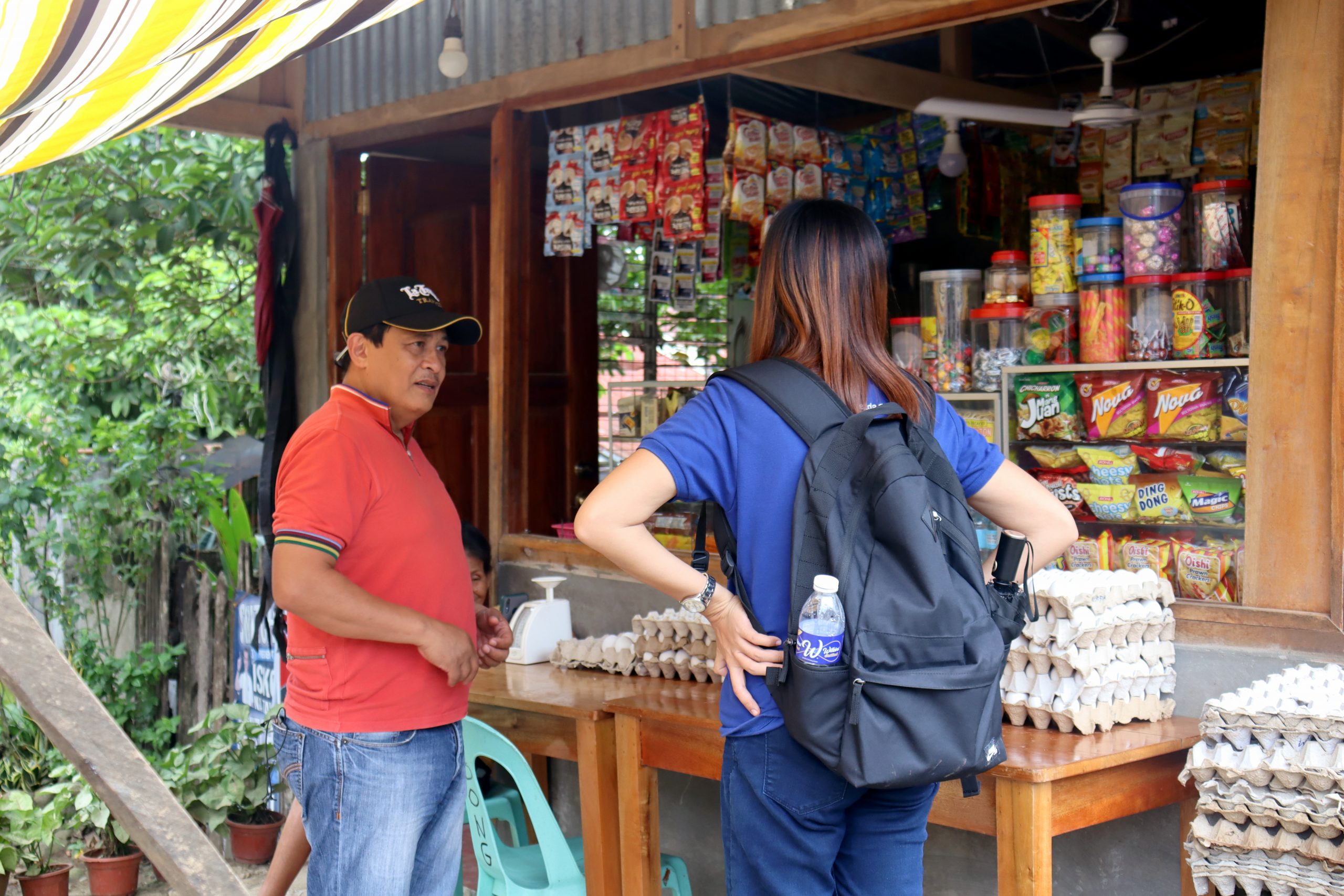
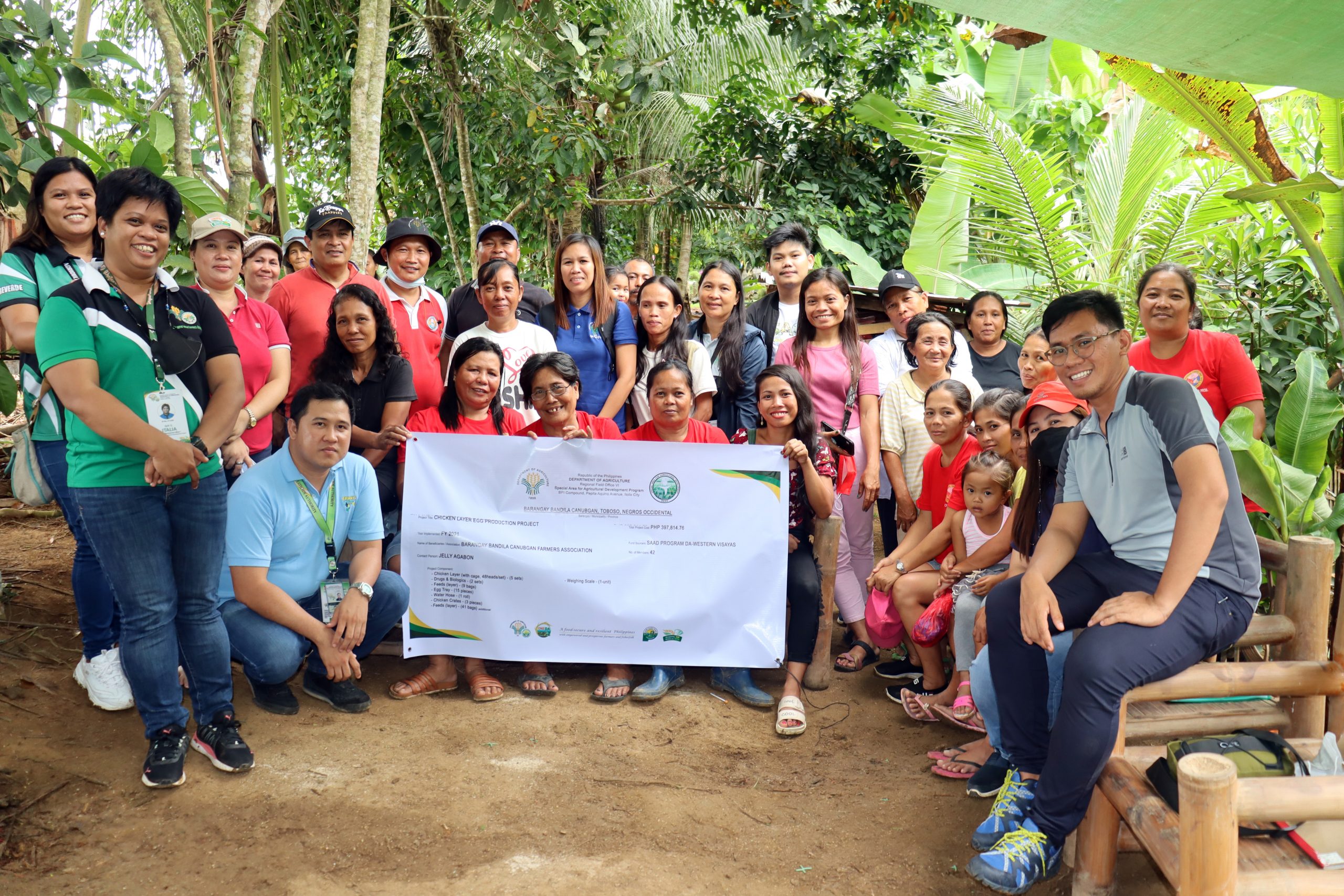
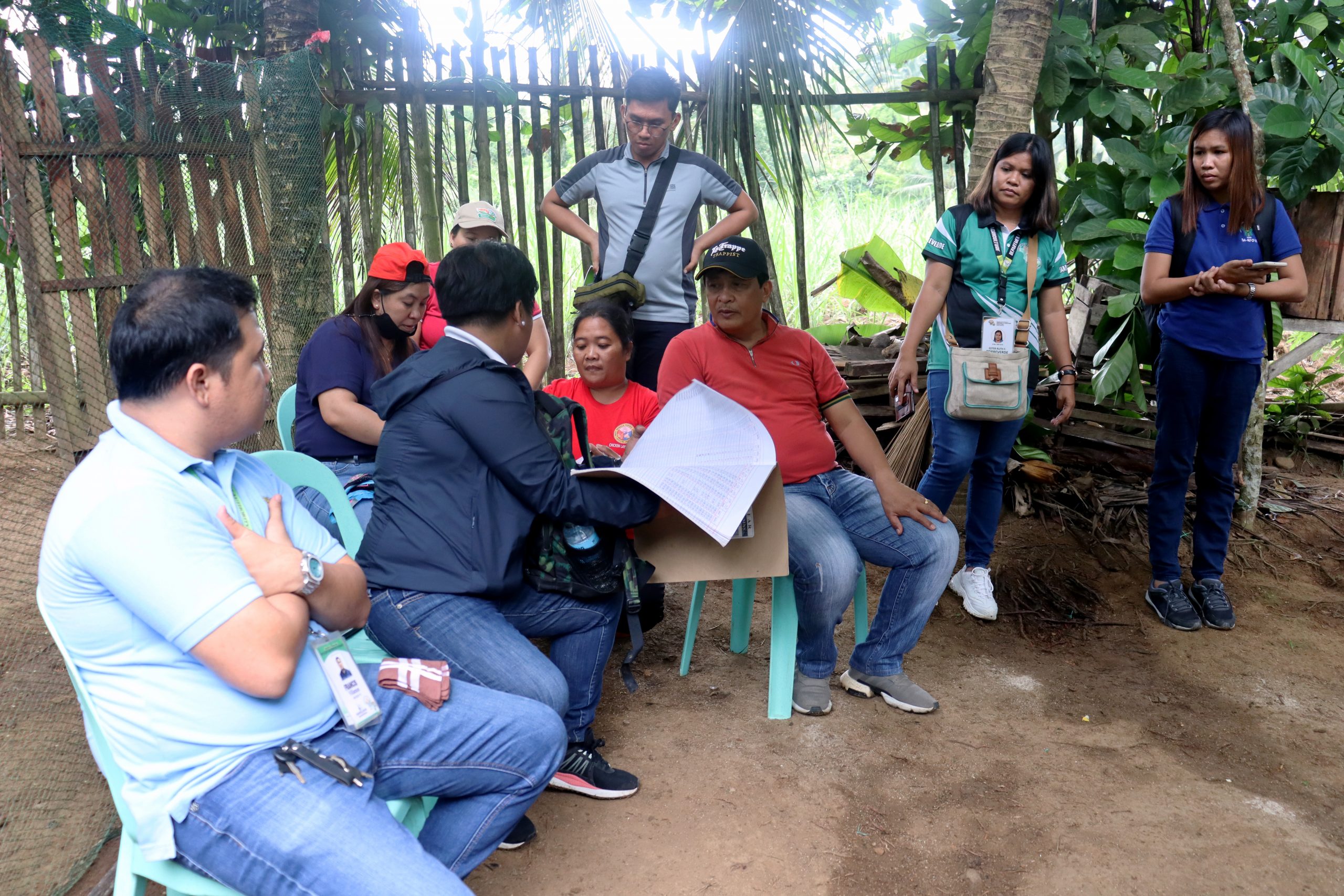
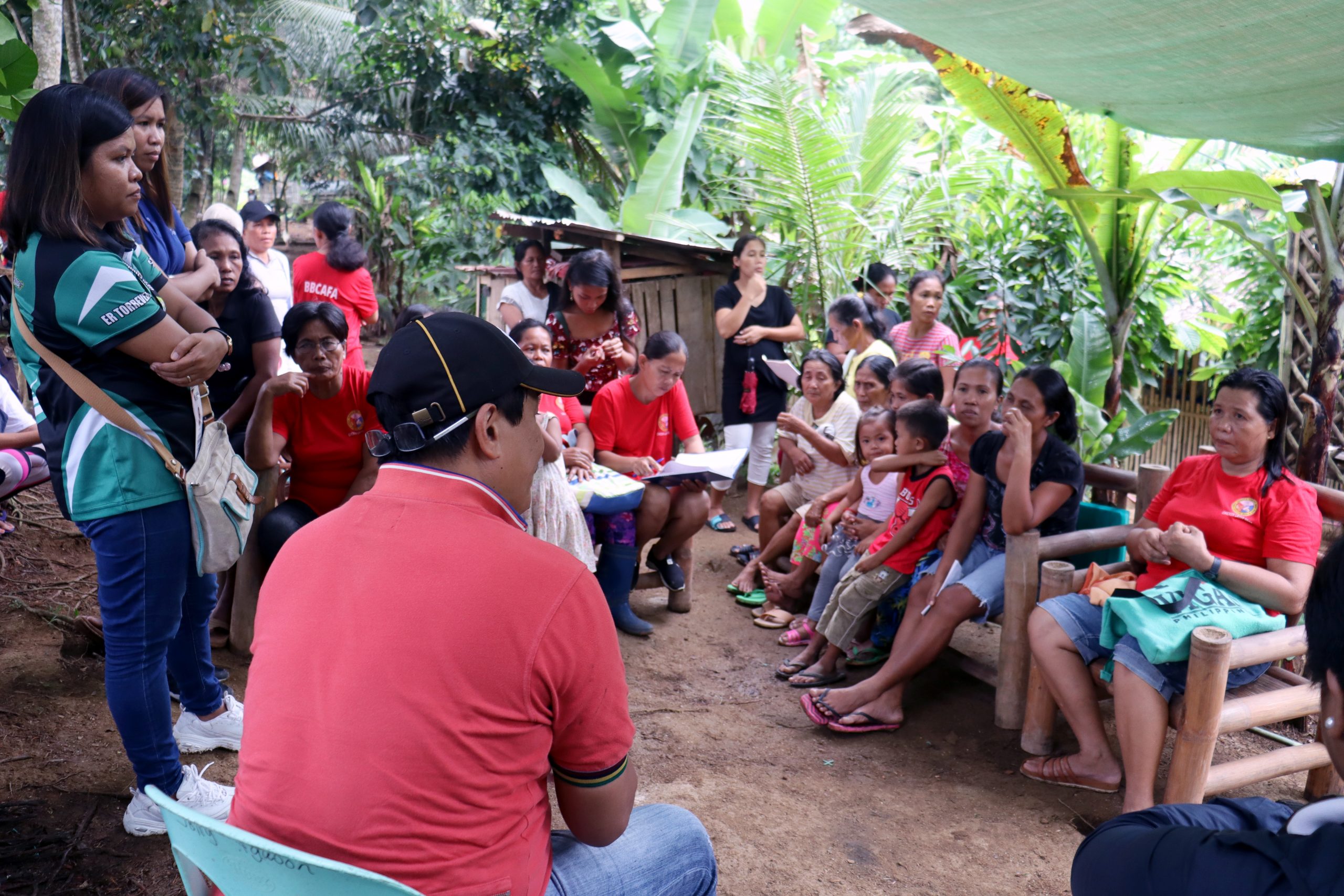
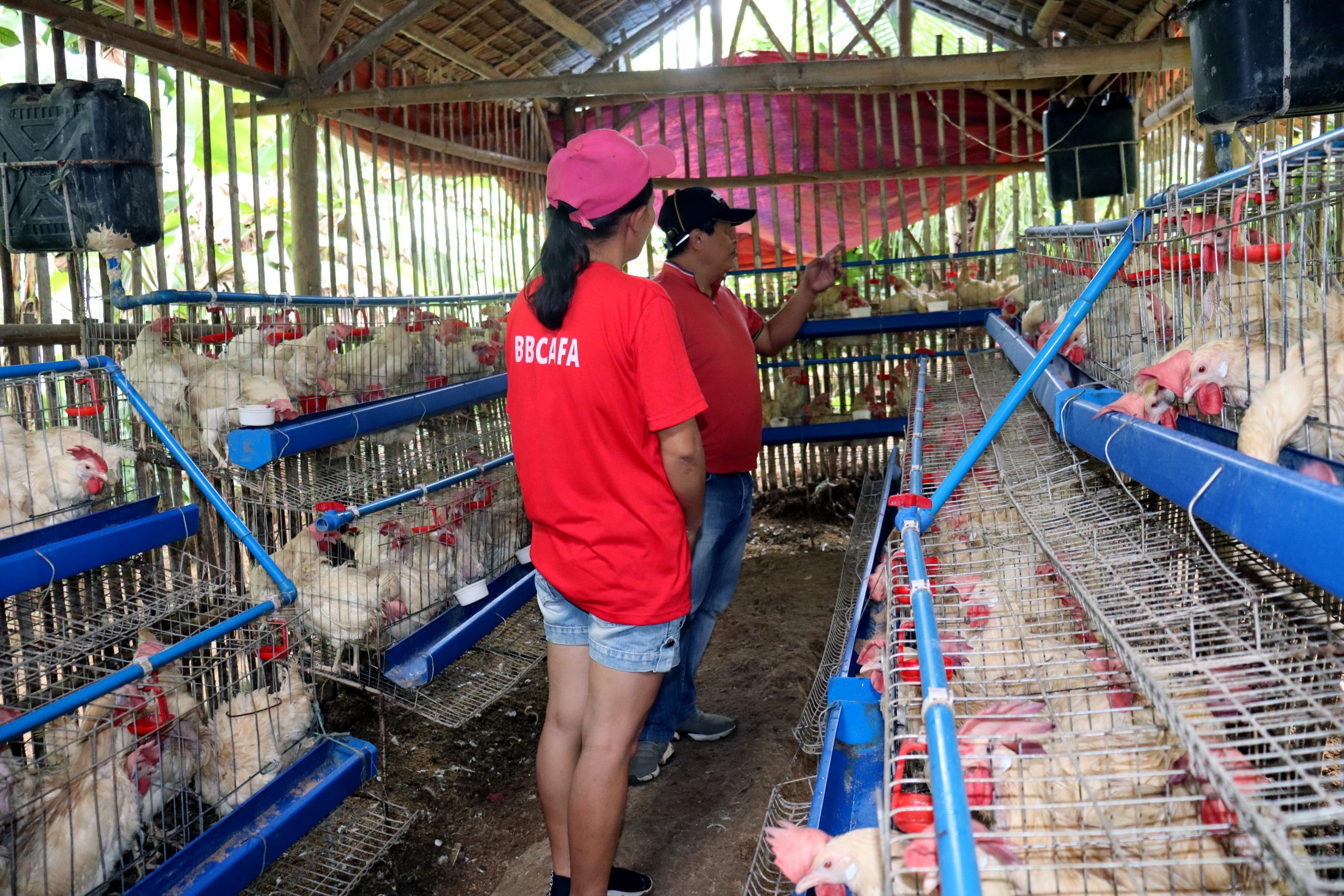
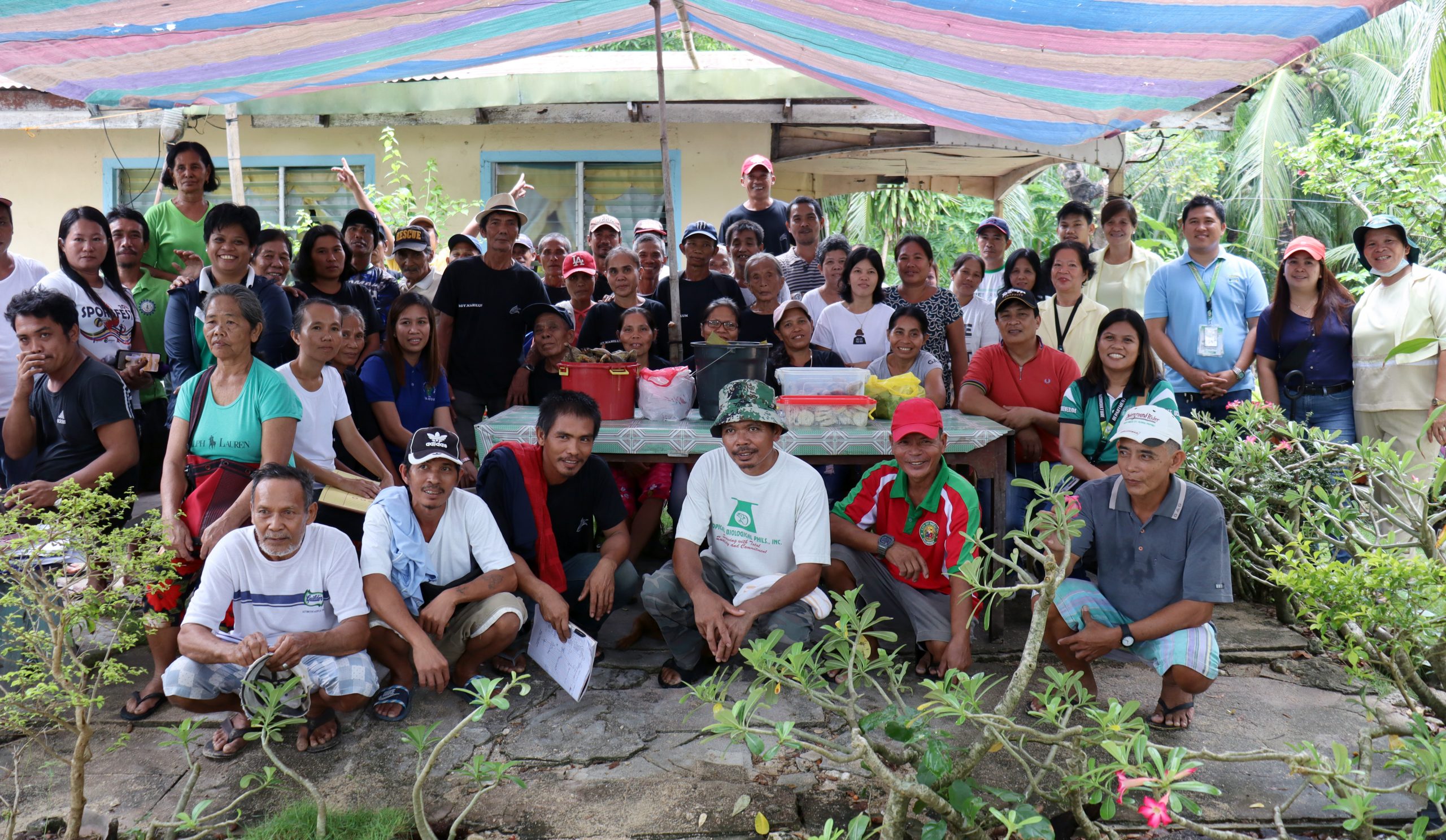
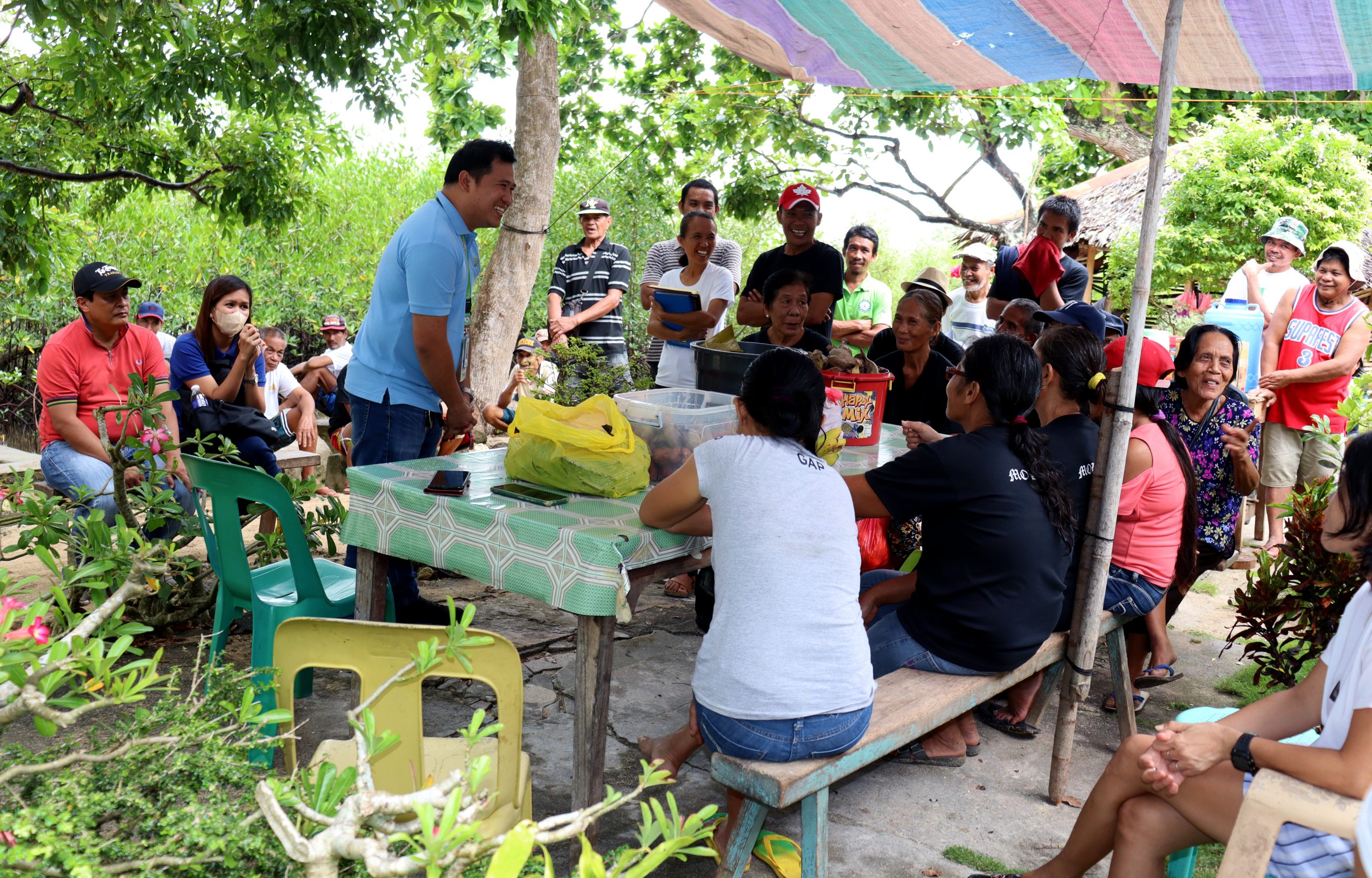
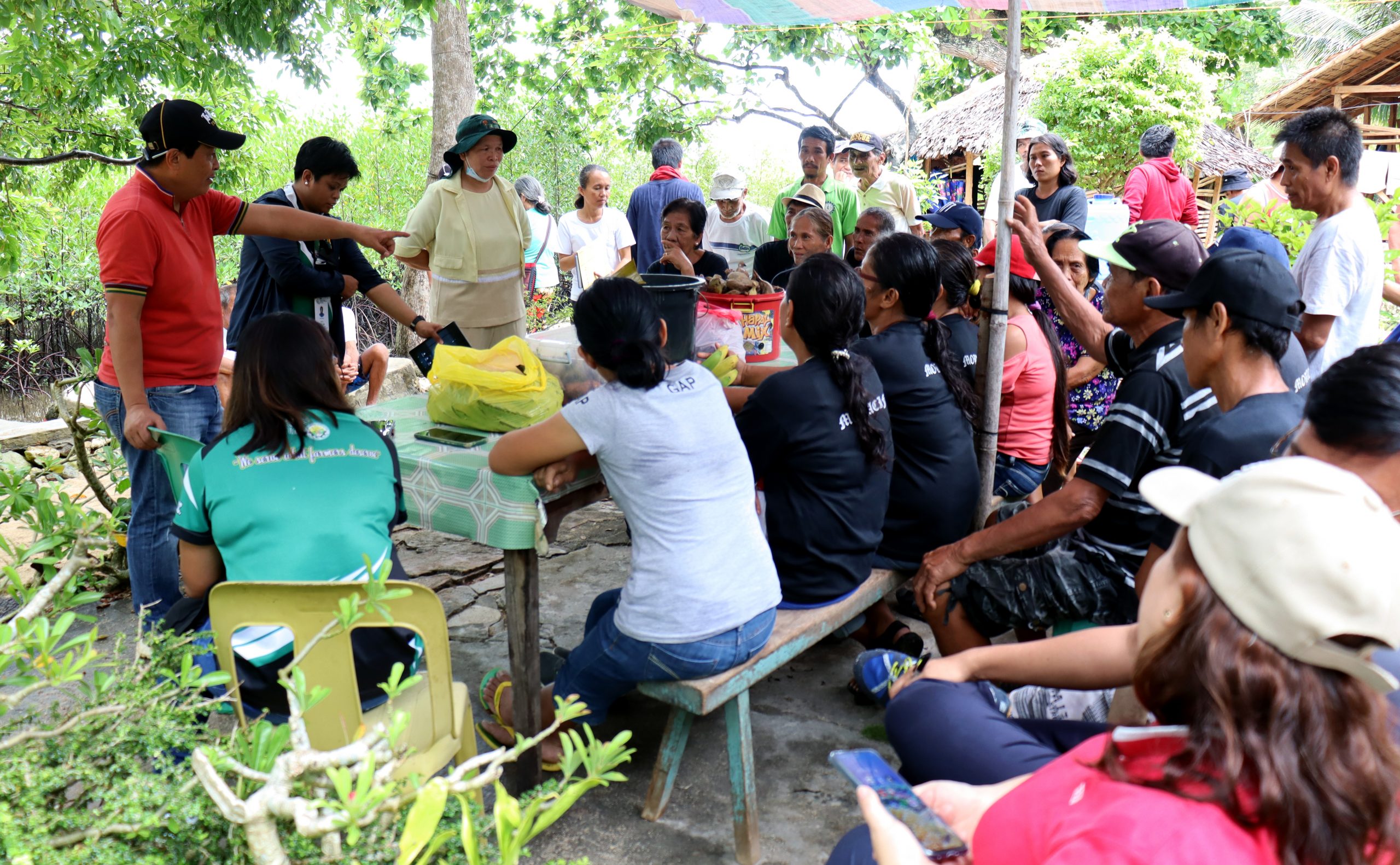
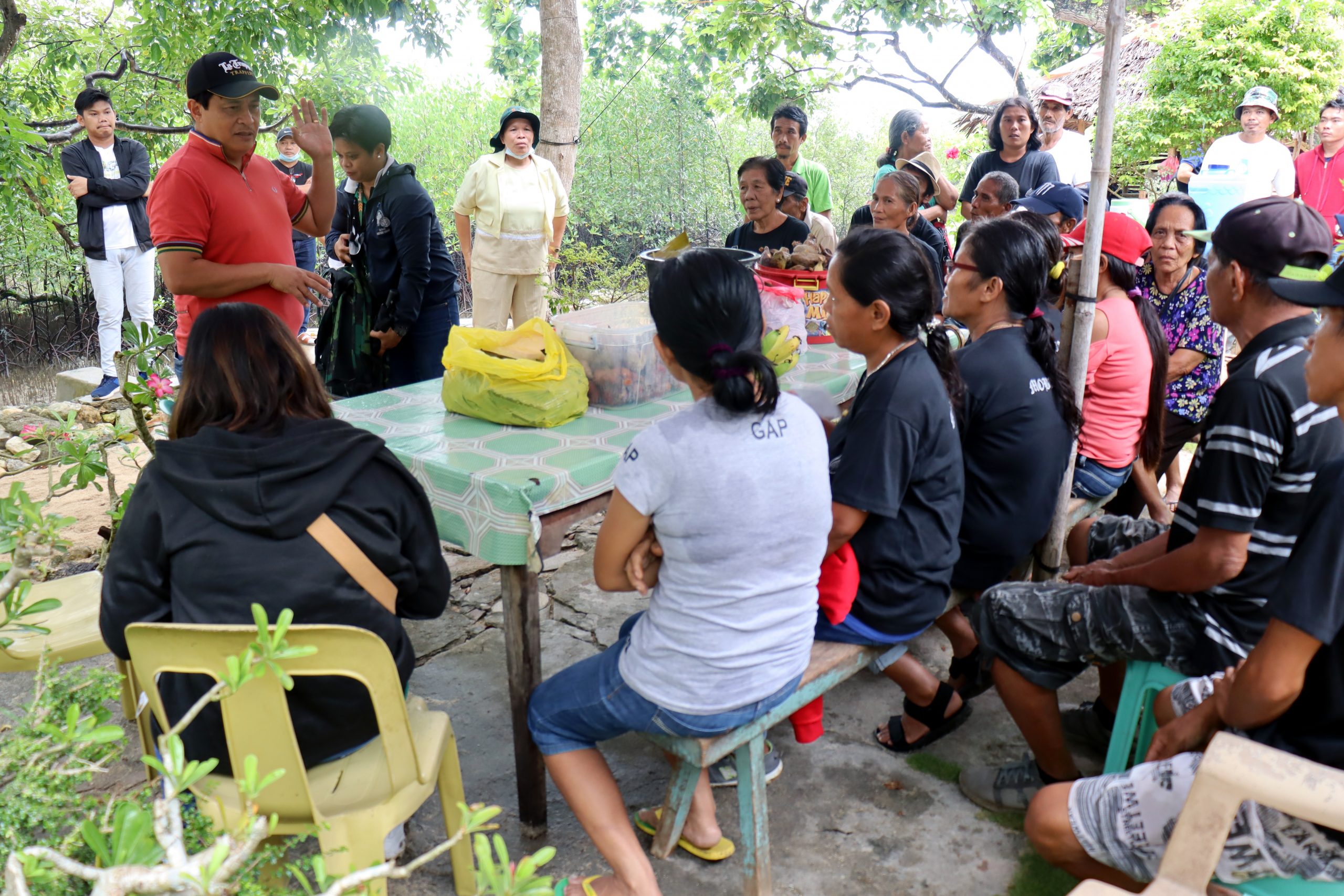
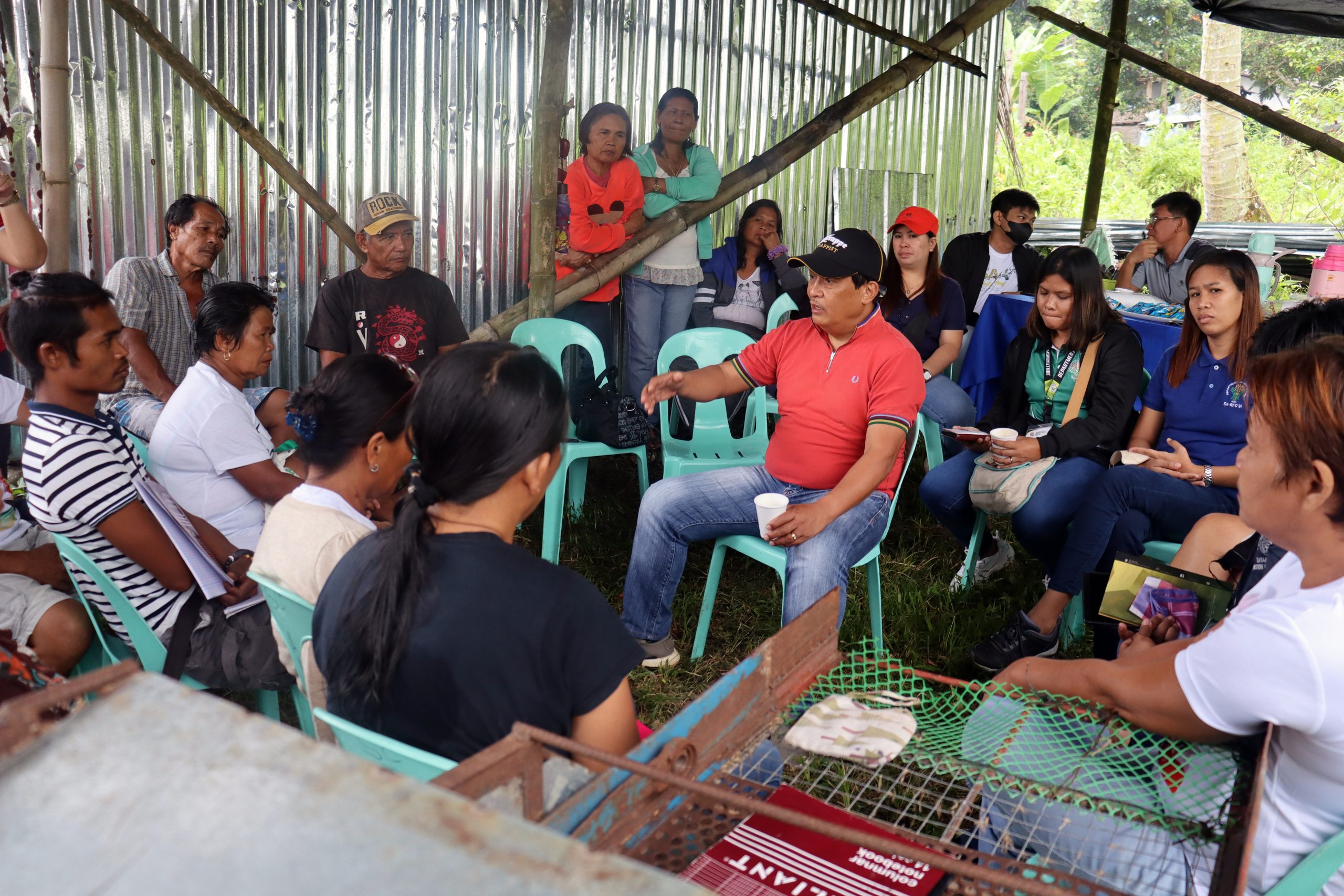
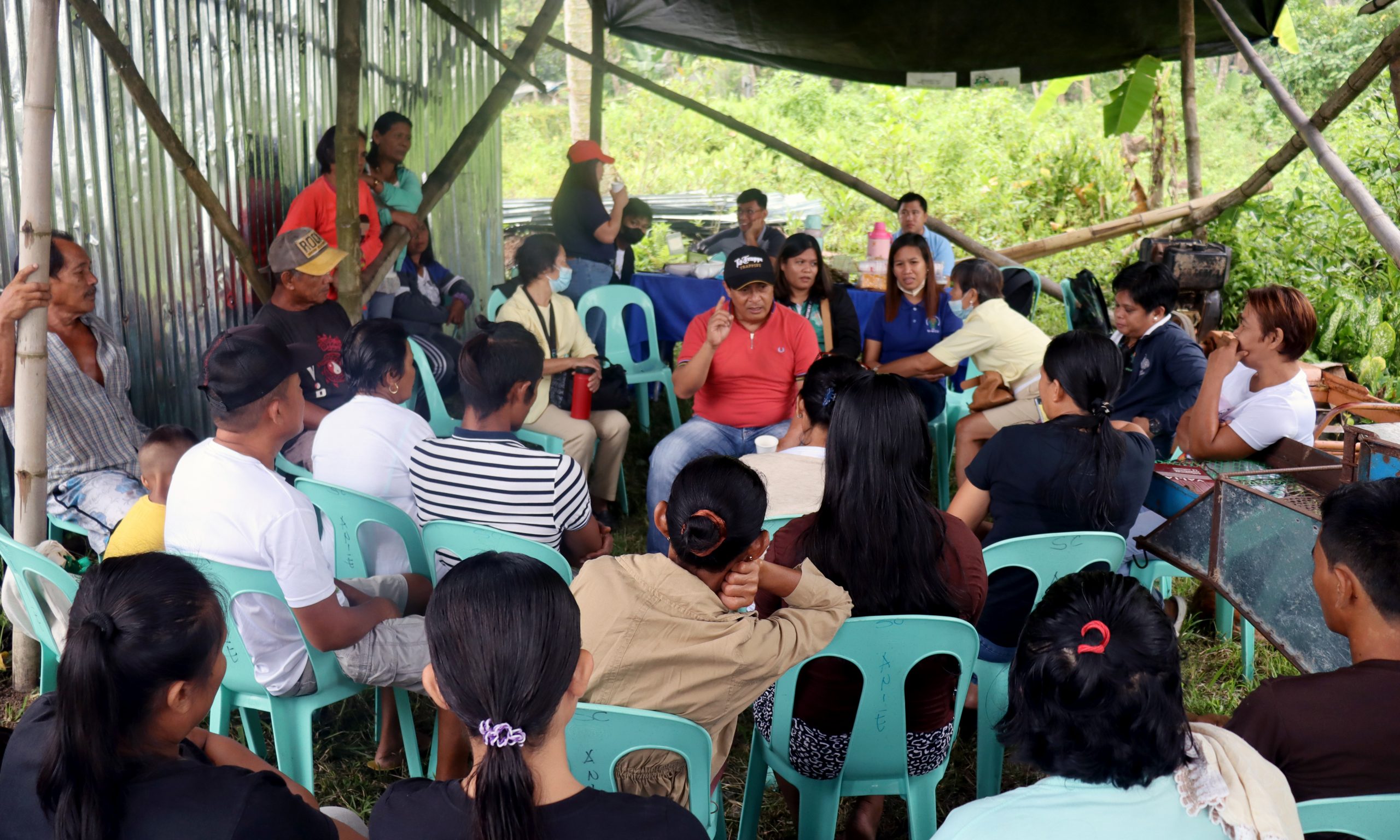
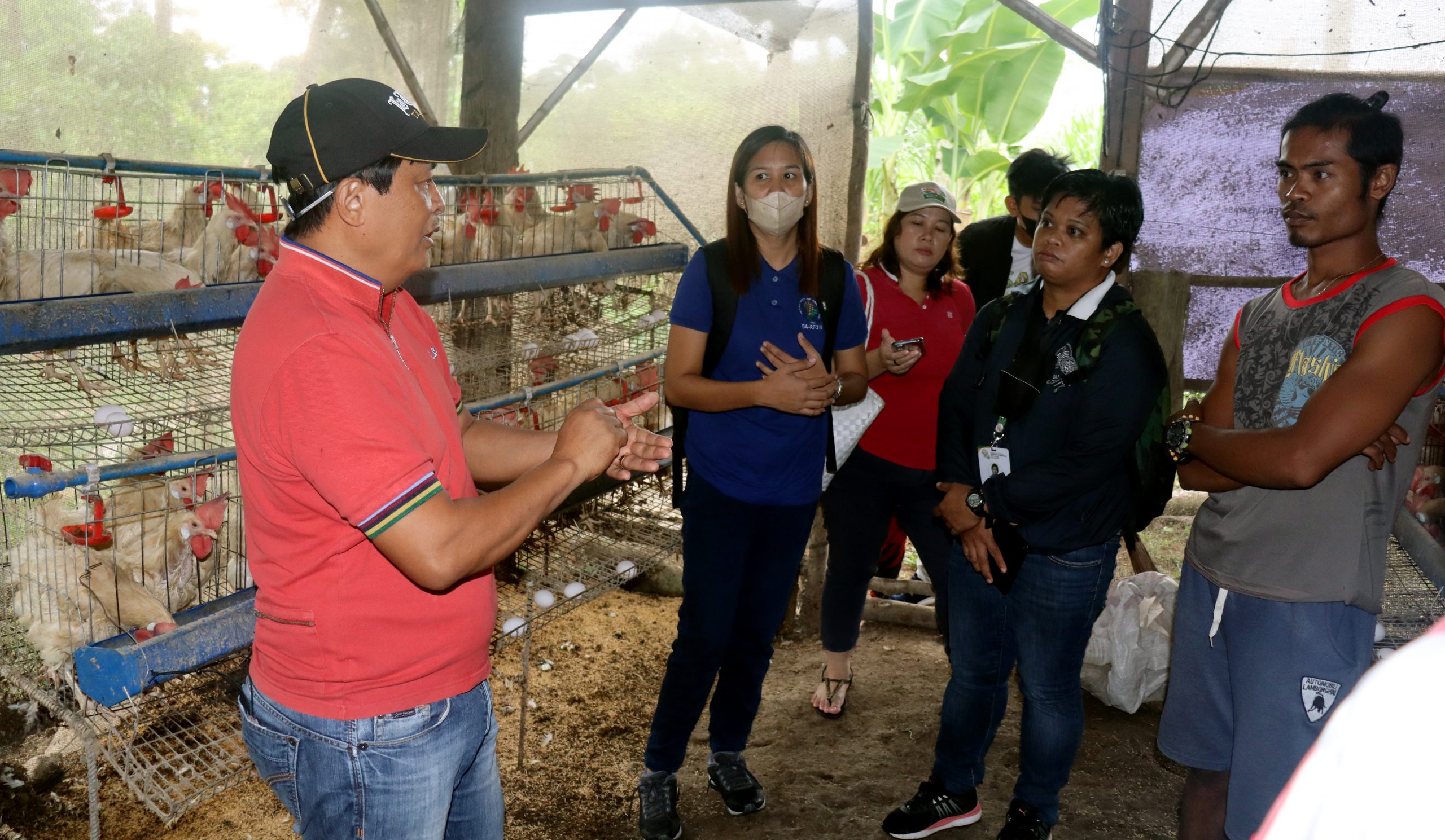
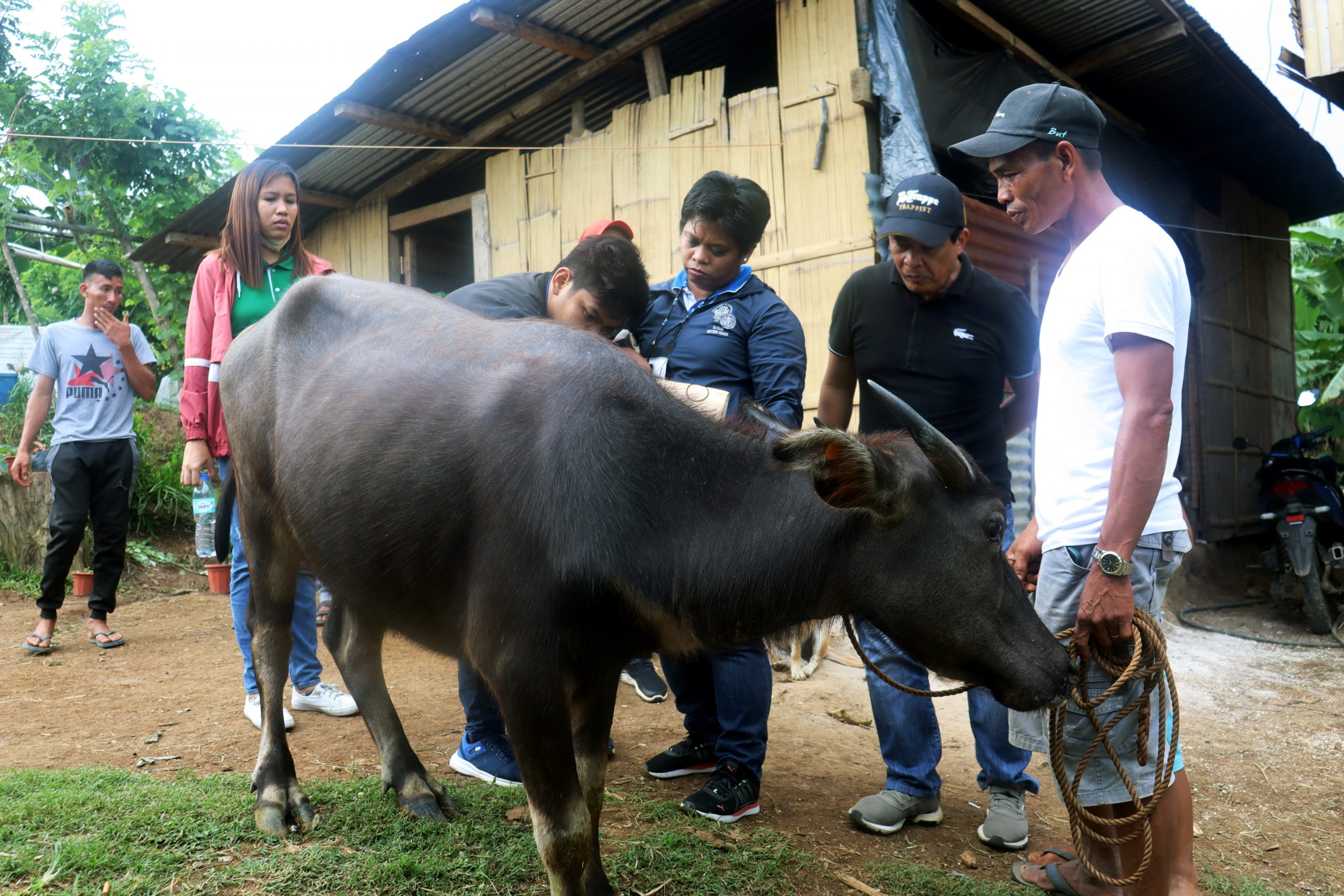
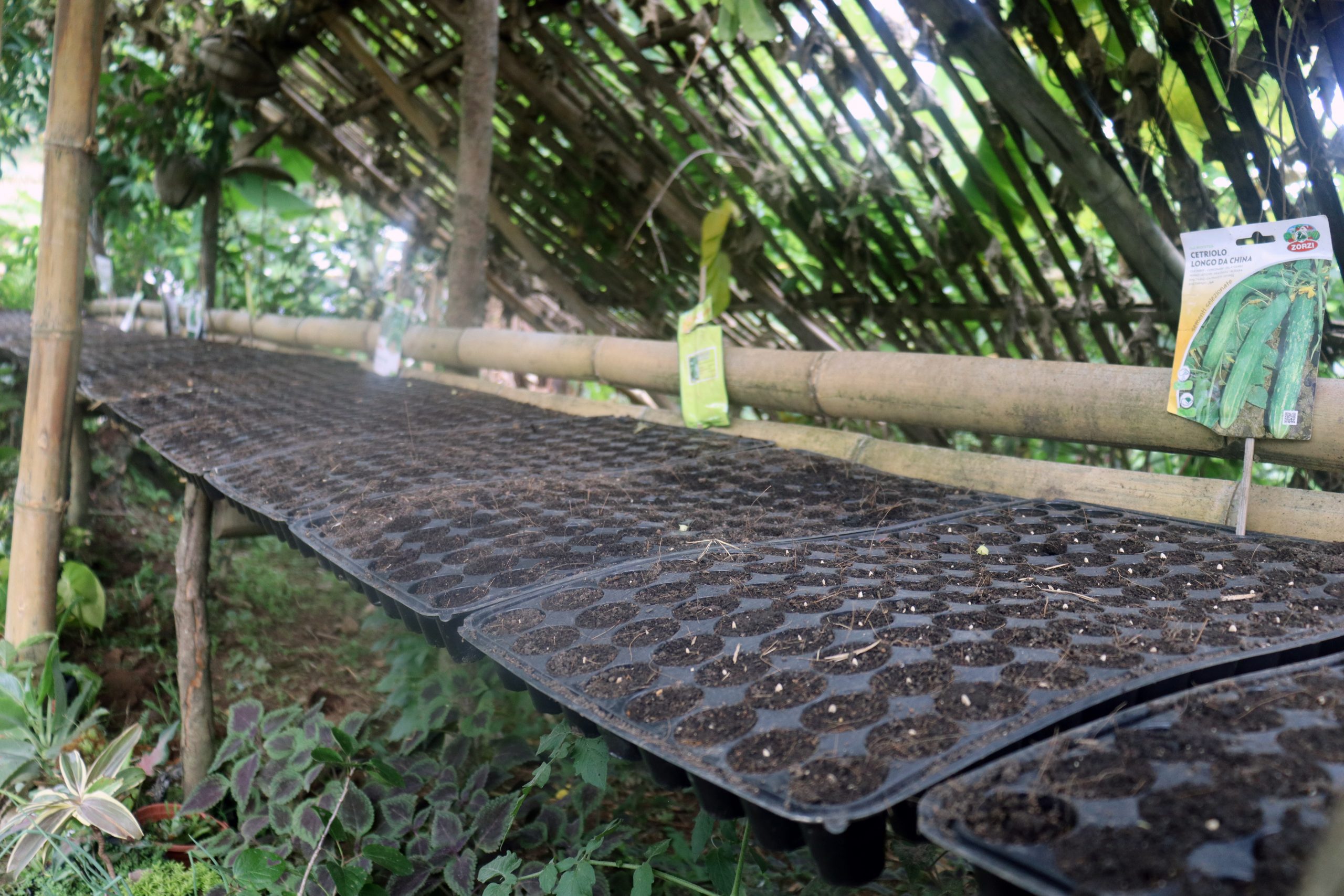
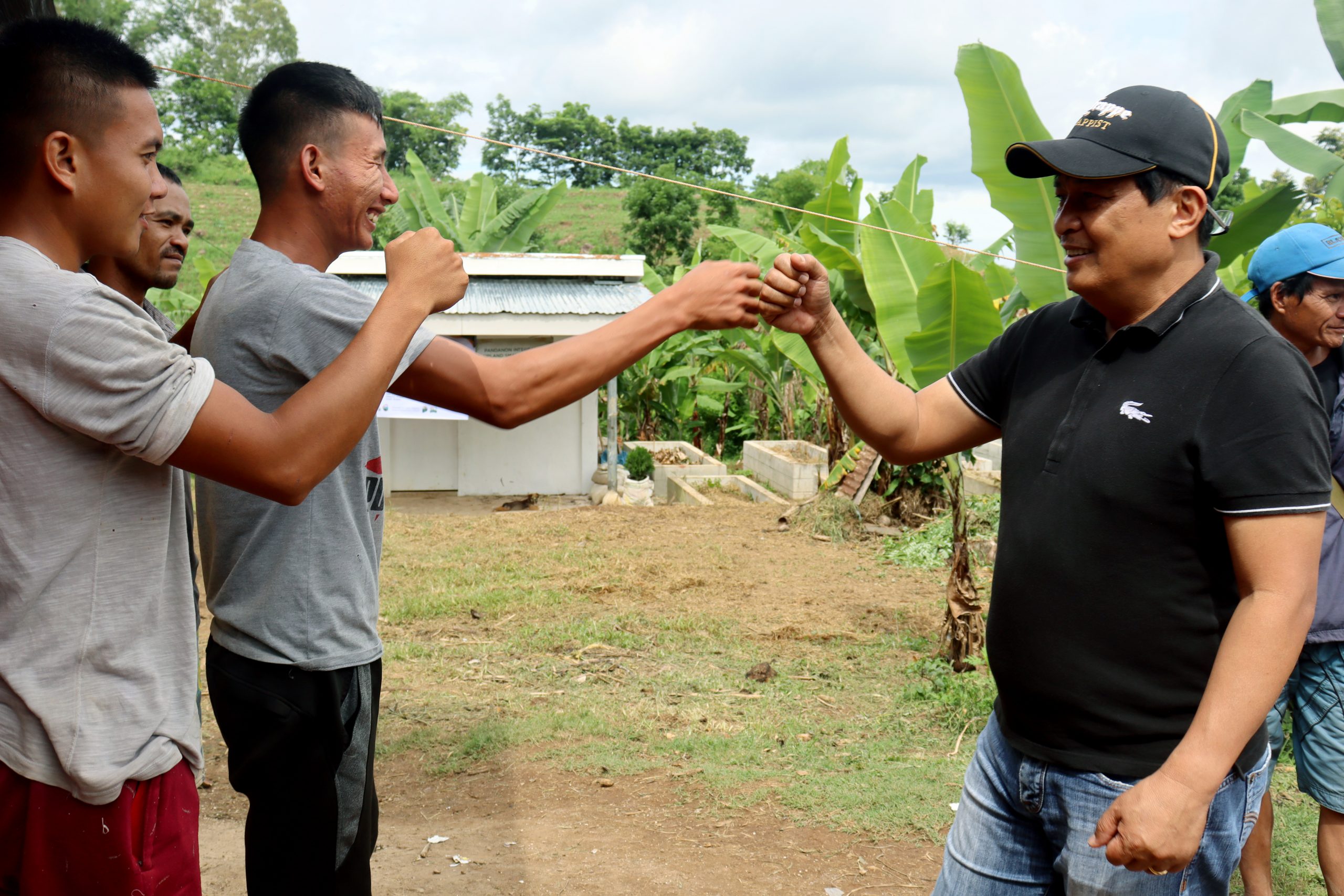
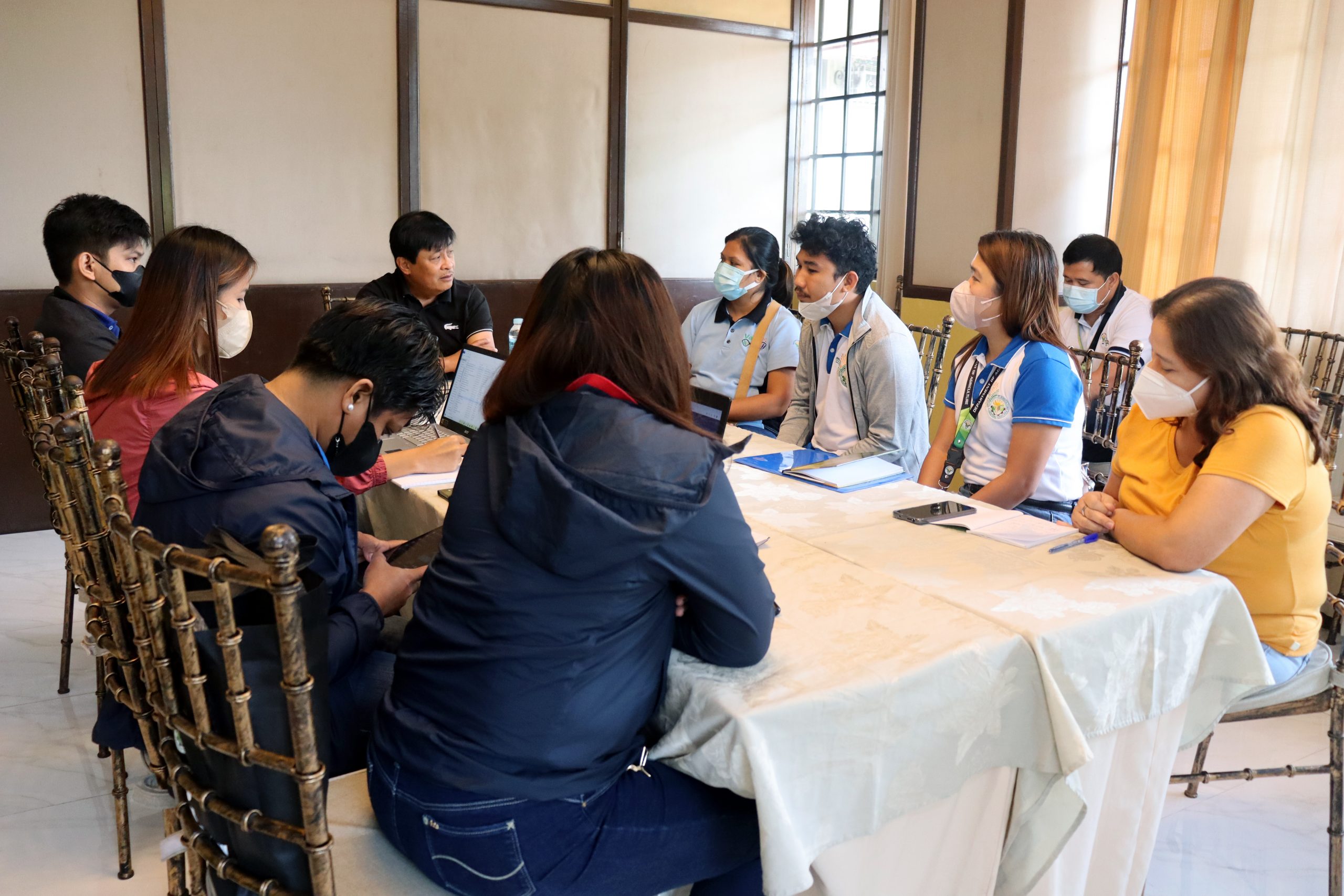
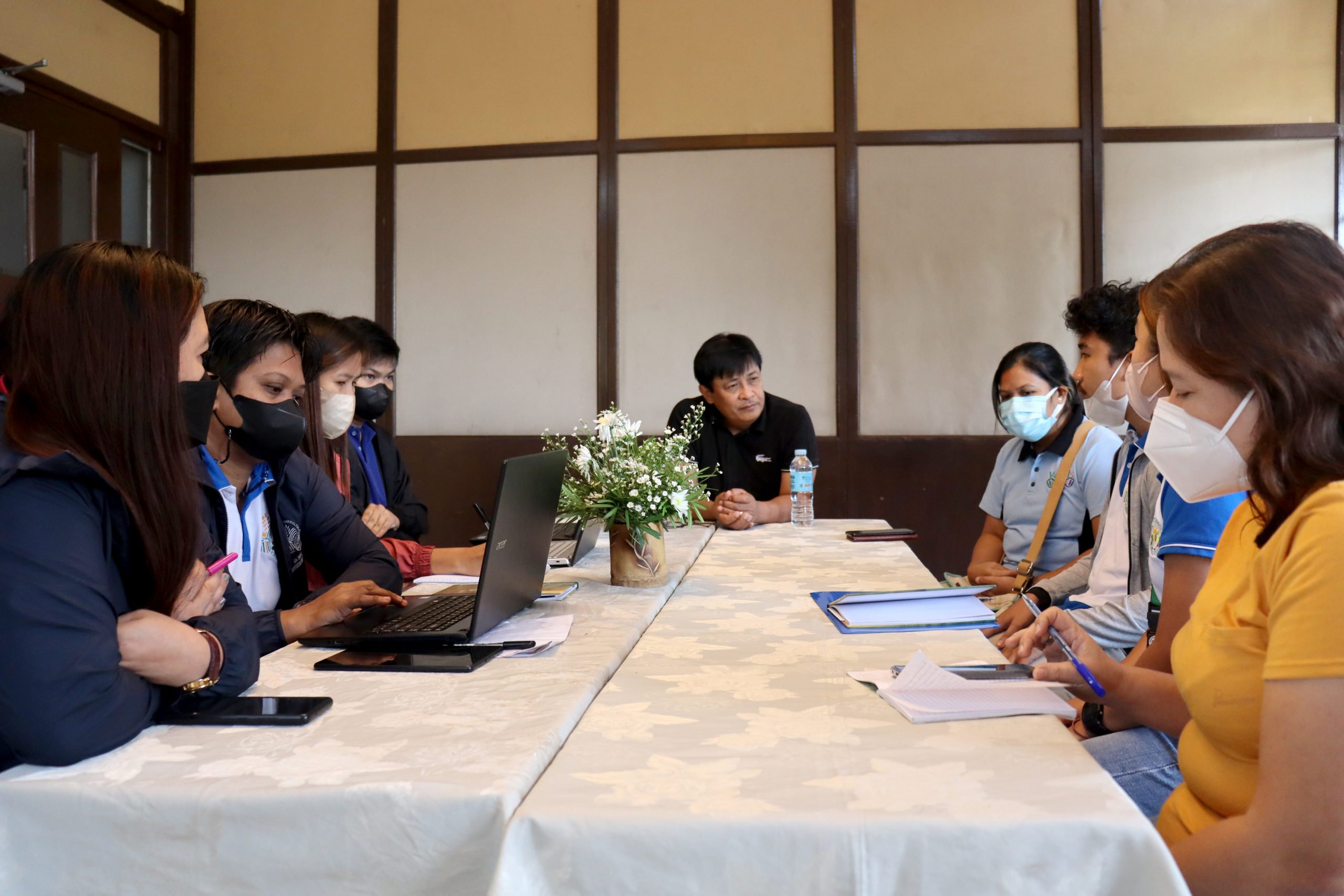
Comments (0)